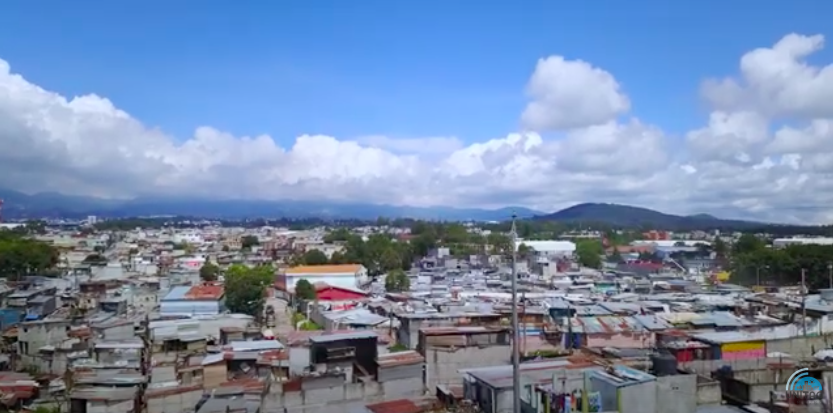
In December 2022, the UNITAC team facilitated the launch of the Building and Establishment Automated Mapper (BEAM) tool and, in partnership with the Human Settlement Unit from the eThekwini Municipality, hosted a Project Advisory Meeting in the city of eThekwini, South Africa. This session brought together a diverse group of stakeholders, including project partners, city representatives, NGOs, and other experts in public service delivery and data governance. The objective of the advisory meeting was to facilitate knowledge exchange and gather invaluable on-ground feedback.
Through a series of workshops and engaging discussions, the event offered an active platform for reflecting on project learnings, identifying potential challenges, recognizing opportunities, and considering technical implementations of the BEAM tool.
A key objective was to acknowledge and emphasize the role of civil society in data governance. This was achieved by prioritizing evidence-based policies that focus on the needs of the people, while also preserving and building upon the strengths of the existing community. There were active discussions on the implementation of the BEAM Tool, offering critical insights from the user perspective.
Concurrently, UNITAC took a significant step by officially handing over the BEAM Tool to the city of eThekwini. This ensured the municipality’s direct access to the tool, thereby securing its long-term sustainability beyond the project scope. Moving into the second phase of the project, collaboration with the eThekwini Municipality will continue to further define additional technical requirements, with the aim of enhancing the functionality of the BEAM tool.
The project highlighted the potential of innovative technologies like BEAM, which have the potential to automate labor-intensive manual mapping processes, bridge data gaps, and significantly enhance data accuracy. These tools can help policymakers better understand the dynamics of informal settlements, an insight crucial for improving decision-making processes related to urban planning, housing, and infrastructure development. By leveraging innovative tools and techniques, UNITAC is actively participating in the design and implementation of people-centered smart cities. Moreover, these efforts support the creation of public policies that prioritize the needs of vulnerable populations, thereby ensuring inclusivity and sustainable urban development.
The BEAM tool Launch also marked the beginning of plans to scale up its implementation to other cities in the region. The UNITAC team has already received several inquiries from interested cities seeking to implement the tool in their workflows. These proposals are currently under review by the team, with the aim of expanding BEAM’s impact on evidence-based policy design and implementation.
If your city is interested in exploring how the BEAM Tool can contribute to your workflows and support sustainable urban development, please reach out to UNITAC Hamburg.
We extend our special thanks to our partners and following participants for their valuable contributions:
Mr Bongumusa Zondo (Acting Chief Strategy Officer for eThekwini), Sarah Watson (Human Settlement Department eThekwini), Zanele Gwala (Corporate GIS eThekwini), Snobani Dweku (Corporate GIS eThekwini), Riona Parumasur (Corporate GIS eThekwini), Zweli Gwala (Corporate GIS eThekwini), Sandile Mbatha (Strategy Office eThekwini), Blessing Mancitshana (Community Organization Resource Centre), Ndodeni Dengo (Slum Dwellers International), Shabari Shaily-Gerber (UKFCDO), Abigail Kemper (Open Cities Lab), Matthew Adendorff (Open Cities Lab)


